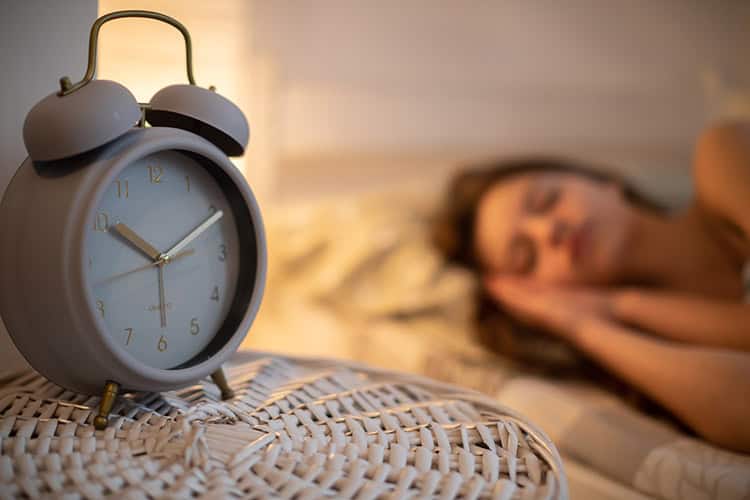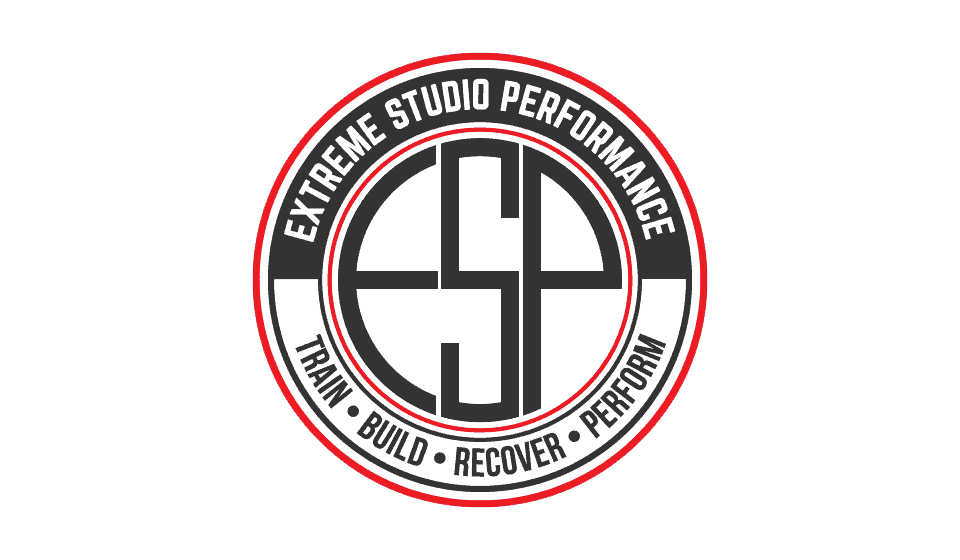
The alarm goes off, you roll out of bed, and you feel just as tired as when you lay down.
Or maybe you feel rested in the morning, but only make it halfway through the day before you feel exhausted again.
Feeling tired is something that many people struggle with. There are tons of different reasons for fatigue, and some of them are relatively easy to fix. How we sleep, what we eat, and our activity levels play a significant role in our energy levels. There also might be a medical reason for chronic fatigue.
 1) Get Enough Sleep
1) Get Enough Sleep
For a lot of people, the problem is simple: we don’t get enough sleep. When my husband and I first got married, he only got 4 hours of sleep a night because of his work schedule. It was one of the main reasons he got a new job.
According to WebMD, “Most adults need 7 to 9 hours” of sleep every night. That can vary from person to person, though, and “some people may need as few as 6 hours or as many as 10 hours of sleep each day.” Figure out how much sleep you need to feel rested and refreshed, then do your best to get those hours consistently.
2) Set Yourself Up for Good Sleep
In addition to getting enough time in bed, you also want to set yourself up for a good night’s sleep. It doesn’t help much if you lie in bed for 9 hours but only sleep for 5 of those hours. Here are some tips for improving your sleep:
- Stick with a schedule. Try to go to bed at the same time each night and wake up at the same time each morning.
- Establish a routine. Doing something to relax before bed can help you sleep better. I like to brush my teeth and then read for a while. I also journal if I’m thinking too much to sleep.
- Keep it cool and dark. Most people sleep best when the bedroom is as dark as possible and the temperature is between 60 and 75 degrees Fahrenheit (65 is usually ideal).
- Limit screens and caffeine. You’re likely to fall asleep better if you stop drinking caffeine in the afternoon or evening and avoid screen time right before bed. If you do use your phone in the evening, use a blue-light filtering app.
3) Prioritize Good Food
A healthy diet helps support good sleep. Opt for nutrient-dense foods that provide healthy sources of protein, fats, and carbs rather than highly processed or sugar-filled foods that don’t supply the nutrients your body needs.
What you drink also plays a big role in sleep. Caffeine is a stimulant, so drinking it too close to bedtime can keep you from feeling sleepy. Alcohol can also disrupt sleep. It makes you feel sleepy, but it also makes it so you don’t sleep deeply. In addition, make sure you drink plenty of water. Dehydration can make you feel tired even if you’re eating well and getting enough sleep.
4) Make Time for Exercise
Exercise during the day makes it easier to sleep at night. It’s a cycle: sleep supports your fitness goals and exercise supports good sleep.
The type of exercise you opt for is less important than staying on a consistent schedule. You can go walking, lift weights at the gym, or work on some other personal fitness goal and still enjoy the sleep-improving benefits of exercise.
If you’re looking for a gym, contact us to set up a free fitness evaluation and a tour of Extreme Studio Performance. We provide an upscale experience, first-rate equipment, and a supportive community to help with all your fitness goals, including getting a better night’s sleep.
5) Talk To a Doctor
Sometimes, feeling tired all the time is connected to a medical issue. If you’ve tried sleep, diet, and exercise to help with your fatigue and they’re not helping, then make an appointment to talk with a doctor. Allergies, anemia, depression, sleep apnea, and several different diseases can all be linked to chronic fatigue. Your doctor can help you find the root cause and come up with a treatment plan.
